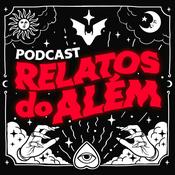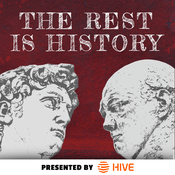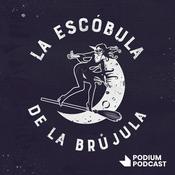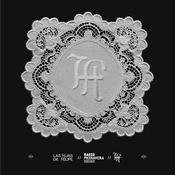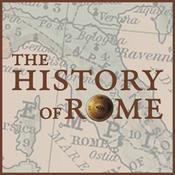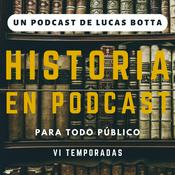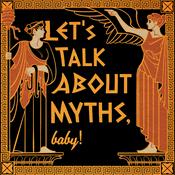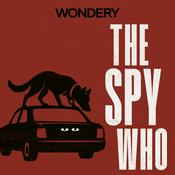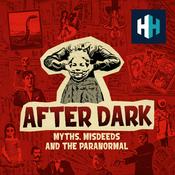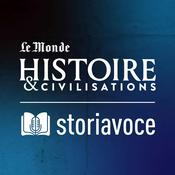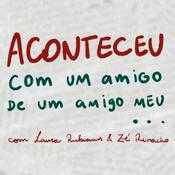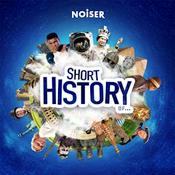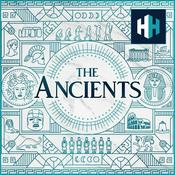59 episódios

Ephemeral Podcasts
31/12/2023 | 1h 8min
In our series finale, we ask some of our favorite creators about the ephemeral nature of podcasting itself. Featuring podcasters Josh Clark and Chuck Bryant (Stuff You Should Know), Holly Frey and Tracy V. Wilson (Stuff You Missed In History Class), Robert Lamb and Joe McCormick (Stuff To Blow Your Mind), Ben Bowlin, Matt Frederick, and Noel Brown (Stuff They Don't Want You To Know), and Anney Reese and Lauren Vogelbaum (Savor). See omnystudio.com/listener for privacy information.

UMAN
25/12/2023 | 16min
Listening to the rerelease of the 1992 album Chaleur Humaine by the band UMAN. Featuring artists Danielle and Didier Jean and record label proprietor Matt Werth of RVNG and Freedom to Spend. See omnystudio.com/listener for privacy information.

Vampira
24/10/2022 | 1h
The original, spooky, late-night TV host and one of the most influential characters in horror media, Vampira was the alter ego of Maila Nurmi, whose personal life was just as interesting offscreen. We talk with Maila's niece Sandra Niemi, author of the new biography "Glamour Ghoul."See omnystudio.com/listener for privacy information.

Video Stores III: Vidiots
19/9/2022 | 37min
We revisit our series on video stores by showcasing the iconic, LA-based Vidiots, one of the only female-owned and operated video stores in the country. Vidiots closed in 2017, but are planning a major re-opening in Eagle Rock later this year. Featuring Maggie Mackay, Executive Director of Vidiots Foundation.See omnystudio.com/listener for privacy information.

Movie Theaters
08/8/2022 | 46min
Nothing beats seeing a good movie on the big screen. But in the age of online streaming, how do theaters survive and continue to stay relevant? Featuring Jules McLean, Director of Operations for the New Beverly Cinema.See omnystudio.com/listener for privacy information.
Mais podcasts de História
Podcasts em tendência em História
Sobre Ephemeral
Ouça Ephemeral, História em Meia Hora e muitos outros podcasts de todo o mundo com o aplicativo o radio.net
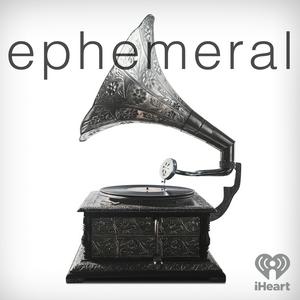
Obtenha o aplicativo gratuito radio.net
- Guardar rádios e podcasts favoritos
- Transmissão via Wi-Fi ou Bluetooth
- Carplay & Android Audo compatìvel
- E ainda mais funções
Obtenha o aplicativo gratuito radio.net
- Guardar rádios e podcasts favoritos
- Transmissão via Wi-Fi ou Bluetooth
- Carplay & Android Audo compatìvel
- E ainda mais funções


Ephemeral
baixe o aplicativo,
ouça.





